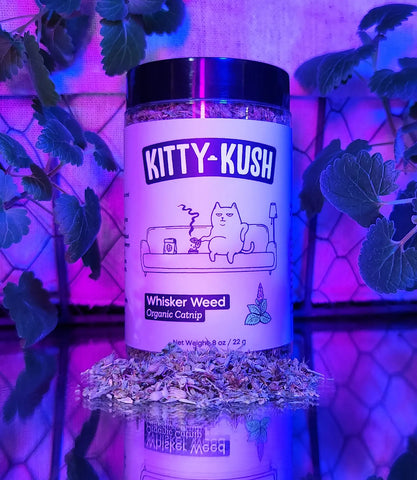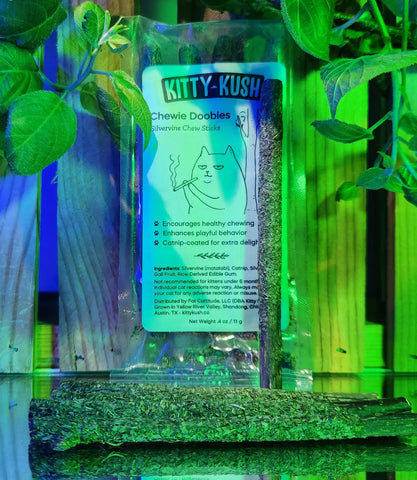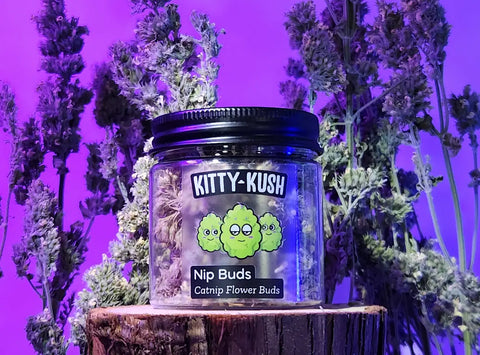For cat lovers who struggle with allergies, finding the right breed can be a game-changer. While no cat is completely allergen-free, some breeds are better suited for those with sensitivities. Here's a rundown of the best and worst cat breeds for allergy sufferers.
Best Cat Breeds for Allergy Sufferers
1. Siberian
Siberians are a popular choice for allergy sufferers. Despite their thick, long coats, they produce fewer allergens than many other breeds. These friendly and affectionate cats make great family pets, but they do require regular grooming to prevent matting.

2. Siamese
Siamese cats are another good option for those with allergies. Their short coats don't shed heavily, which means fewer allergens floating around. Known for their vocal nature and devotion to their owners, Siamese cats can be a great companion for those who can give them plenty of attention.

3. Bengal
Bengal cats are a unique breed with a stunning, spotted short coat reminiscent of their Asian leopard cat ancestors. They don't shed much, making them potentially suitable for allergy sufferers. However, their high energy and intelligence can make them challenging pets.

4. Russian Blue
Russian Blues are known for their affectionate personality and quiet nature. These cats don't shed much and are considered hypoallergenic. They may be shy around strangers but make loving companions once they warm up to you.

5. Sphynx
The hairless Sphynx cat is often a good choice for allergy sufferers. While not completely allergen-free, their lack of fur means they produce fewer allergens than many other breeds.

Worst Cat Breeds for Allergy Sufferers
1. Persian
Persian cats are notorious for being one of the worst breeds for allergy sufferers. They shed frequently and blow their coat twice a year, releasing large amounts of allergens into the air.

2. Oriental Longhair
Oriental Longhairs have long fur that traps significant amounts of allergens. Their frequent self-grooming increases the amount of allergens that get trapped and released, making them a poor choice for those with allergies.

3. British Longhair
Similar to the Oriental Longhair, British Longhairs have long, thick fur that traps allergens. They also shed very often, making them unsuitable for those with severe cat allergies.

4. Maine Coon
Despite not having the longest fur, Maine Coons shed very frequently. Their large size combined with frequent shedding means they release a high amount of allergens.

5. Himalayan
Himalayan cats produce more allergens compared to other breeds and are heavy shedders, making them among the worst cats for allergy sufferers.

Ultimately, every person's allergies are different, so it's a good idea to spend time with a specific breed before deciding to bring one home. Regular grooming, frequent house cleaning, and using air purifiers can also help reduce allergens in your home.






